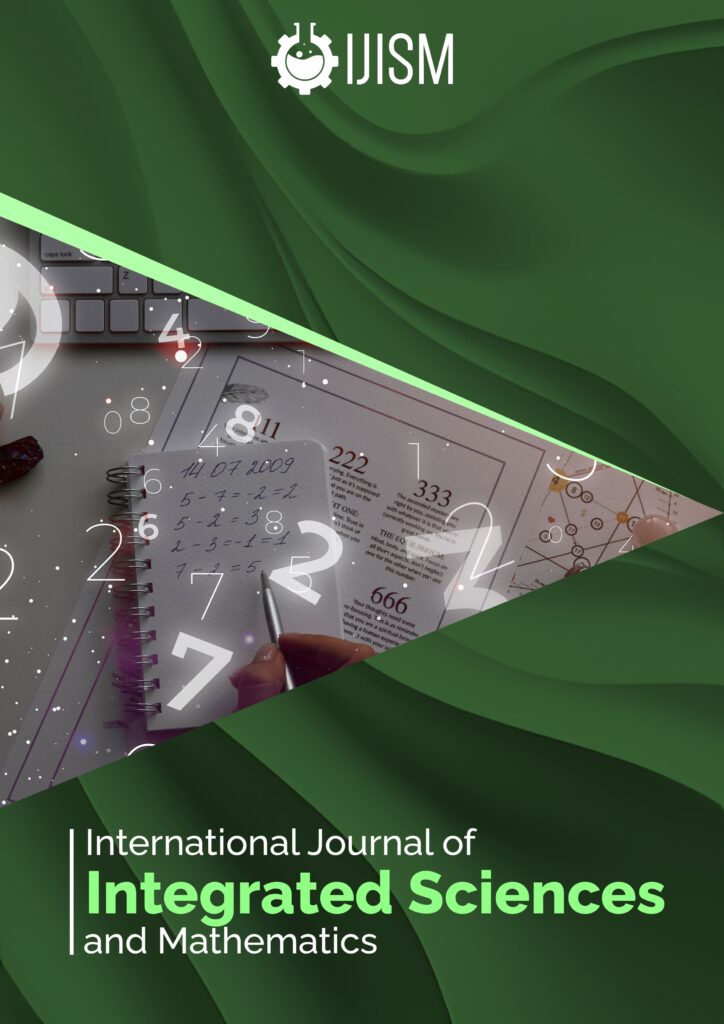A Comparative Review of the Socio-Economic and Agro-Ecological Impacts of Jhum Cultivation and Settled Agriculture

-
Published On:
19th October 2024
Citation:Sanchita Roy, et.al (2024). A Comparative Review of the Socio-Economic and Agro-Ecological Impacts of Jhum Cultivation and Settled
Agriculture, Internation Journal of Integrated Sciences and Mathematics, 1(1), 028-033
Author
Sanchita Roy
Research Scholar, Maharaja Agrasen Himalayan Garhwal University (MAHGU), Uttarakhand, India.
Research Scholar, Maharaja Agrasen Himalayan Garhwal University (MAHGU), Uttarakhand, India.
Dr. Mahesh Singh
Assistant Professor, Maharaja Agrasen Himalayan Garhwal University (MAHGU), Uttarakhand,
India.
Abstract
Jhum cultivation, a traditional form of shifting agriculture practiced in tropical mountainous regions, and settled cultivation represent two distinct approaches to agriculture with significant socio-economic and agro-ecological implications. This study provides a comprehensive review comparing these two agricultural systems. Jhum cultivation, integral to the livelihoods of tribal communities, involves periodic land clearing and burning, leading to soil degradation, reduced crop yields, and increased vulnerability to food insecurity. Despite its deep cultural roots, the sustainability of Jhum cultivation is compromised by environmental degradation and limited economic returns. Conversely, settled cultivation, characterized by permanent land use and the application of modern agricultural practices, generally offers higher and more stable crop yields, greater economic benefits, and improved socio-economic conditions. However, it also poses environmental challenges if not managed properly. This review underscores the need for sustainable practices that integrate the benefits of both systems while addressing their respective challenges to promote long-term agricultural viability and socio-economic well-being.
Copyright Information
This work is licensed under a Creative Commons Attribution 4.0 International License.
Authors retain copyright and grant the journal right of first publication with the work simultaneously licensed under a Creative Commons Attribution 4.0 International License that allows others to share the work with an acknowledgment of the work’s authorship and initial publication in this journal.
This has been implemented from July 2024 onwards

